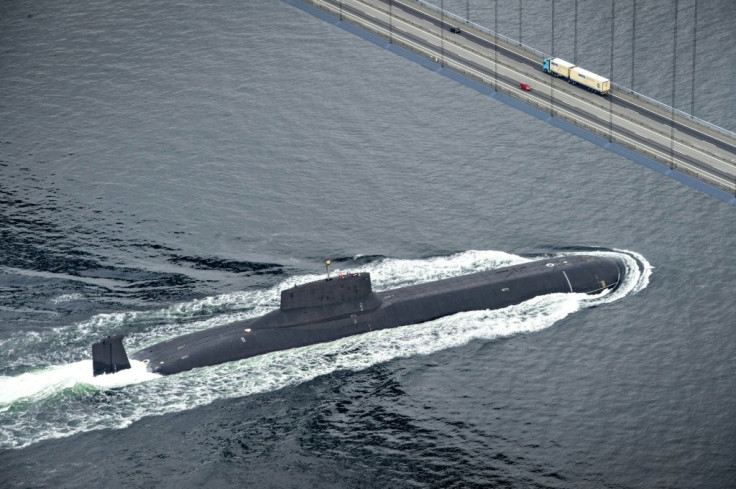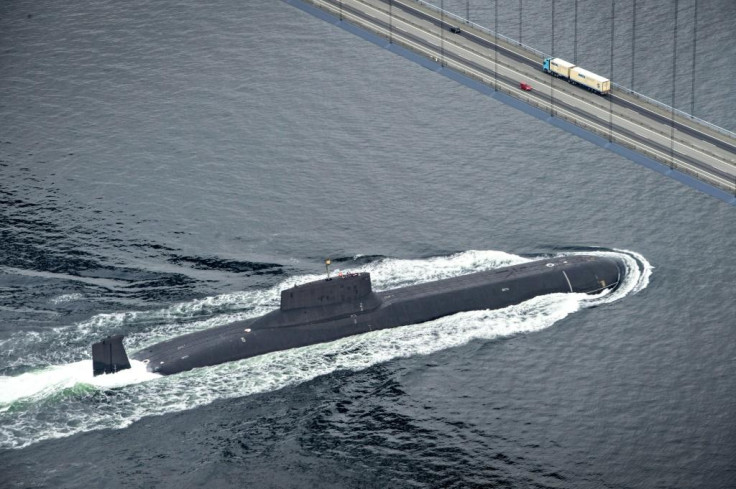Russia Tests A Giant Nuclear Submarine In The White Sea

Russia’s new giant nuclear submarine with six torpedoes was trialed in the White Sea over the weekend, just days after a standoff between the Russian Navy and a British Royal Navy destroyer in the Black Sea.
The “Belgorod” is said to be the largest submarine built in the last 30 years and is central to Russia's intelligence gathering capabilities, according to Naval News. It went on sea trial on June 26 after Russia said it fired warning shots when Britain’s HMS Defender entered the disputed Crimean waters on June 23, a claim that was denied by Britain’s Ministry of Defence.
The gigantic submarine is intended for two crucial purposes. Firstly, it will act as a host submarine or “mothership” for deep diving nuclear-powered smaller submarines that could damage or cut cables on the seafloor.
Secondly, once it is approved for use, the submarine will be capable of launching nuclear strikes with six intercontinental “Poseidon” torpedoes. These torpedoes are over 65 feet long with unlimited range and a nuclear warhead.
“… And their expected performance (around 70 knots and 1,000 meters depth) mean that they cannot be countered with existing weapons,” the Naval News’ report stated.
Detailed specifications of the Belgorod were not yet known.
According to The Telegraph, the giant vessel is currently undergoing manufacturer’s tests and will be formally turned over to the Russian government by the end of the year. The report said that the submarine “will be part of the country’s Pacific Fleet but it can be deployed in other locations in the world seas.”
The Royal Navy had earlier announced that it would deploy a “spy ship” to stop submarines from sabotaging Britain’s internet.
Russia seized the Crimea Peninsula from Ukraine in 2014 but Britain and other Western countries reject Moscow’s claim of Crimea and its surrounding waters.
In May, British Defence Secretary Ben Wallace was cited as saying by The Telegraph that Moscow was the United Kingdom’s “number one adversary threat” and that Britain’s waters were “regularly visited” by Russian ships.
It was reported in April that Russia "is stepping up on its shipbuilding pursuits as it plans to receive six new nuclear-powered submarines by the end of 2021." Moscow is also expecting to receive a modern nuclear battleship by the end of 2022, the report had said.
Britain's Chief of Defense Staff, General Sir Nick Carter, had recently warned that a misstep in sea tensions may bring an “unwarranted escalation” that may eventually lead to an all-out war between the two nations.

Photo: Scanpix Denmark / Michael BAGER





















